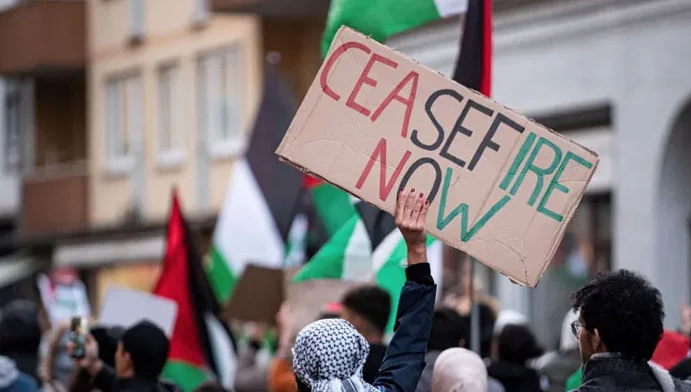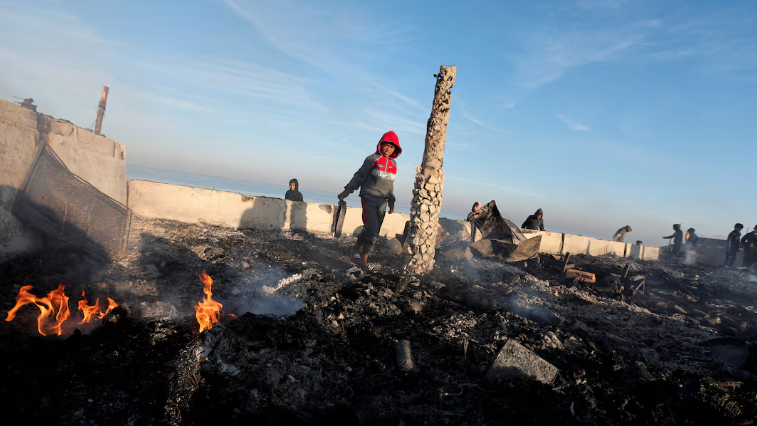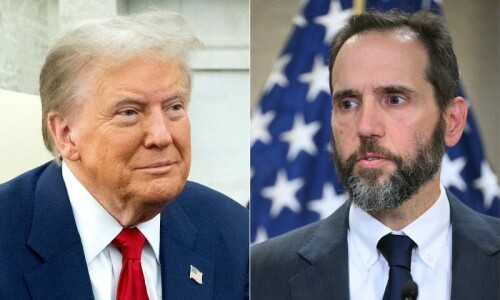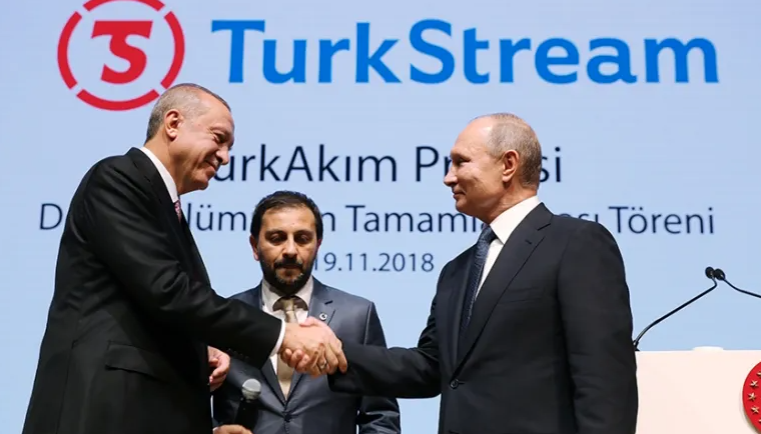WORLD NEWS
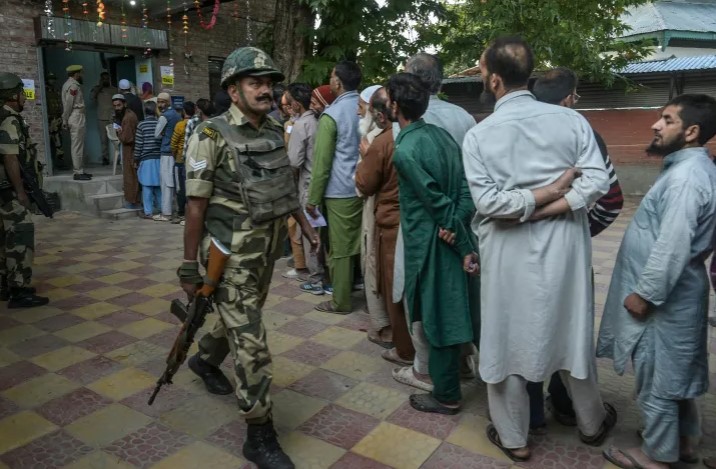
Voters in Indian-administered Kashmir have begun casting their ballots in a crucial regional election, marking the first local government election since the region’s semi-autonomous status was revoked by India in 2019. Polling stations across the Himalayan region saw long lines of voters on Wednesday morning as Kashmiris participated in a democratic process that has been significantly altered by recent political changes.
The elections will determine the 90 members of Kashmir’s legislative assembly. The voting process is being conducted in multiple phases, with the first phase on Wednesday, followed by additional rounds on September 25 and October 1. The votes will be counted on October 8, with results expected to be announced the same day.
Political analyst Sheikh Showkat Hussain described the election as a "referendum" on the region’s special status, which was abolished by Prime Minister Narendra Modi’s government. This move, which was upheld by India’s Supreme Court last year, has been met with apprehension and discontent among many Kashmiris, who fear it could alter the region’s demographic and cultural landscape under Modi’s Hindu nationalist agenda.
The Bharatiya Janata Party (BJP) led by Modi has argued that the removal of Kashmir’s special status has brought normalcy and fostered development in the region. Modi has called on Kashmiris to vote "in large numbers" to bolster the "festival of democracy."
Historically, elections in Kashmir have been marred by violence and low voter turnout, often influenced by pro-independence armed groups. However, national elections held earlier this year saw the highest turnout in 35 years, with a 58.46 percent participation rate.
The current local election is contested by regional parties advocating for the restoration of Kashmir’s special status and India’s main opposition Congress party, which has formed an alliance with a prominent regional group. The newly elected legislative assembly will have the authority to debate local issues, create laws, and make decisions regarding the governance of Kashmir, though it cannot restore the region’s former special status—a prerogative reserved for the federal government.
Economic issues such as high unemployment—Kashmir’s rate stands at 18.3 percent, significantly higher than the national average—are also pressing concerns. Voters like student Tabinda Arif hope that the election might address these economic challenges and lead to improvements in local conditions.
“I will vote hoping it might change the job scenario or help in releasing so many people in jails,” Arif told Al Jazeera. “Everyone has suffered so much in the past five years, maybe things will change.”
The election represents a pivotal moment in Kashmir’s complex political landscape, as it grapples with the consequences of recent changes and seeks a path forward amidst longstanding regional tensions and internal challenges.
